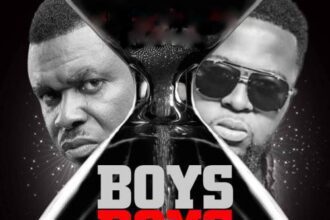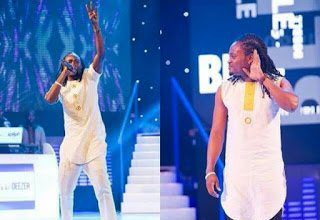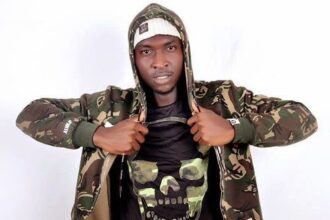The plight of nearly 300 Nigerian schoolgirls kidnapped by the Boko Haram terrorist organization has gone from a national tragedy to an international crisis.
What is #bringbackourgirls?
var addthis_config = {“data_track_addressbar”:true};

Nigerian campaigners used social media, particularly Twitter, to raise awareness about the kidnapping. Many are crediting the campaign with the surge in international attention given over the issue.
Nigerians began tweeting using the hashtags #BringBackOurGirls and #WhereAreOurDaughters as part of campaign to make the Nigerian government do more to bring the girls home. #BringBackOurGirls, started by a man named Ibrahim M Abdullahi, became the most commonly accepted hashtag for the pressure campaign. Abdullahi has since built up a staff of over 20 to work on the hashtag and manage a full #BringBackOurGirls account. Other hashtags have also been used in tweets about the situation, including #SaveOurGirls and #FreeOurGirls. But #BringBackOurGirls has emerged as the clear heart of the online movement to bring attention to the Chibok kidnapping.
#BringBackOurGirls didn’t really take off internationally until April 30th, when the first reports of the girls being sold to Boko Haram fighters broke. Here’s a chart of uses of the hashtag on Twitter:

Since then, the campaign has taken off across social media platforms, with #BringBackOurGirls being mentioned by Hillary Clinton and a number of prominent celebrities. Since May 4th, twice as many #BringBackOurGirls tweets have come from America as from Nigeria.
 |
| Michelle Obama |
First Lady Michelle Obama has joined an online campaign to bring home the 276 girls kidnapped from their school in Nigeria by Islamic militants on April 14th this year.


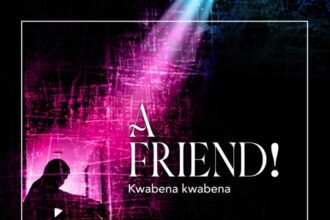
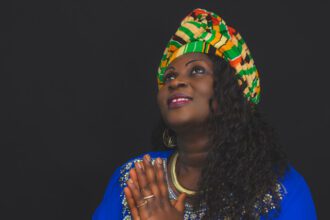
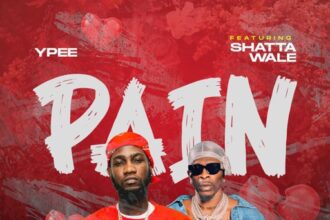
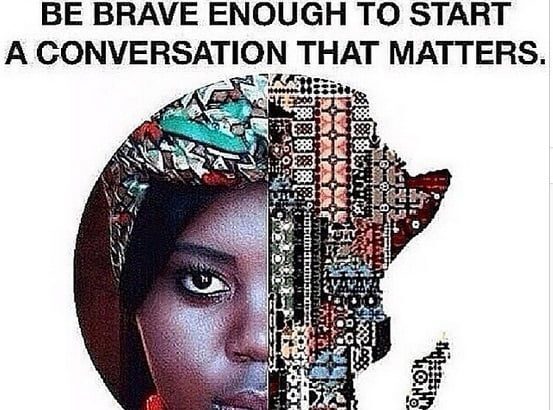


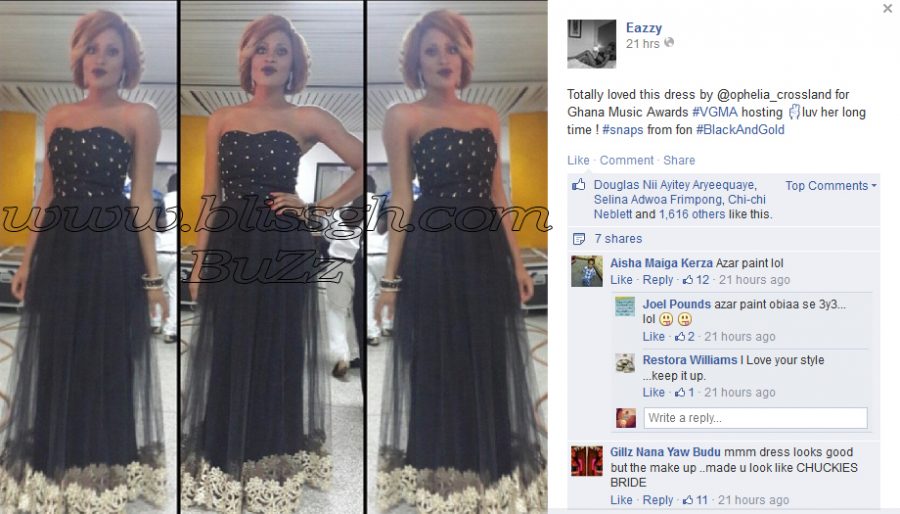
![P Square - Taste the Money (Testimony) [Official Video]](https://blissgh.com/wp-content/uploads/2014/05/0-10.jpg)
